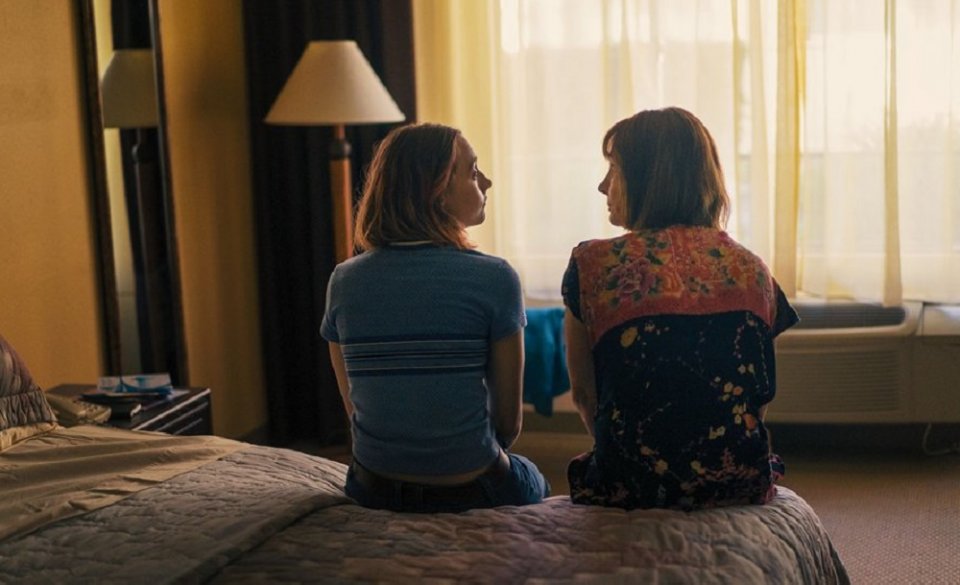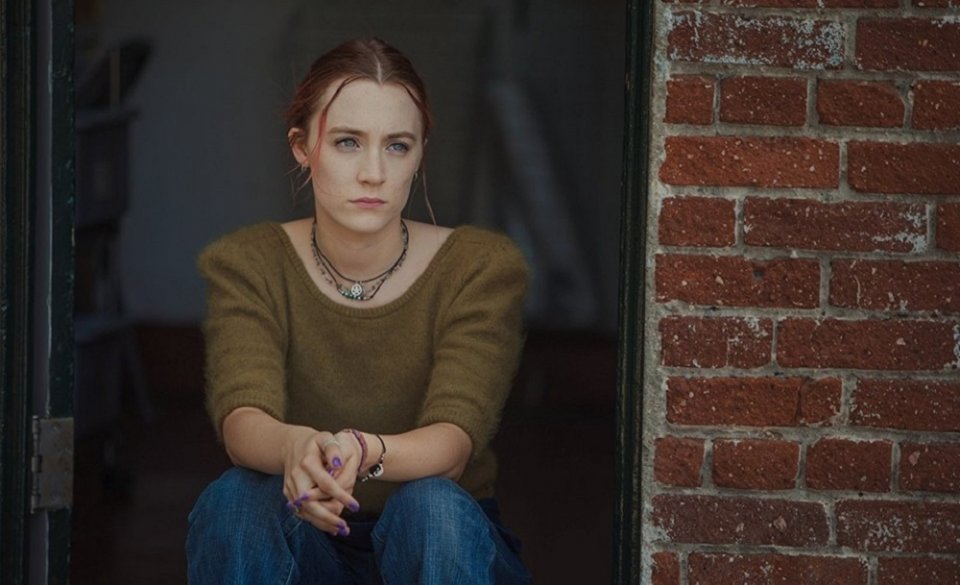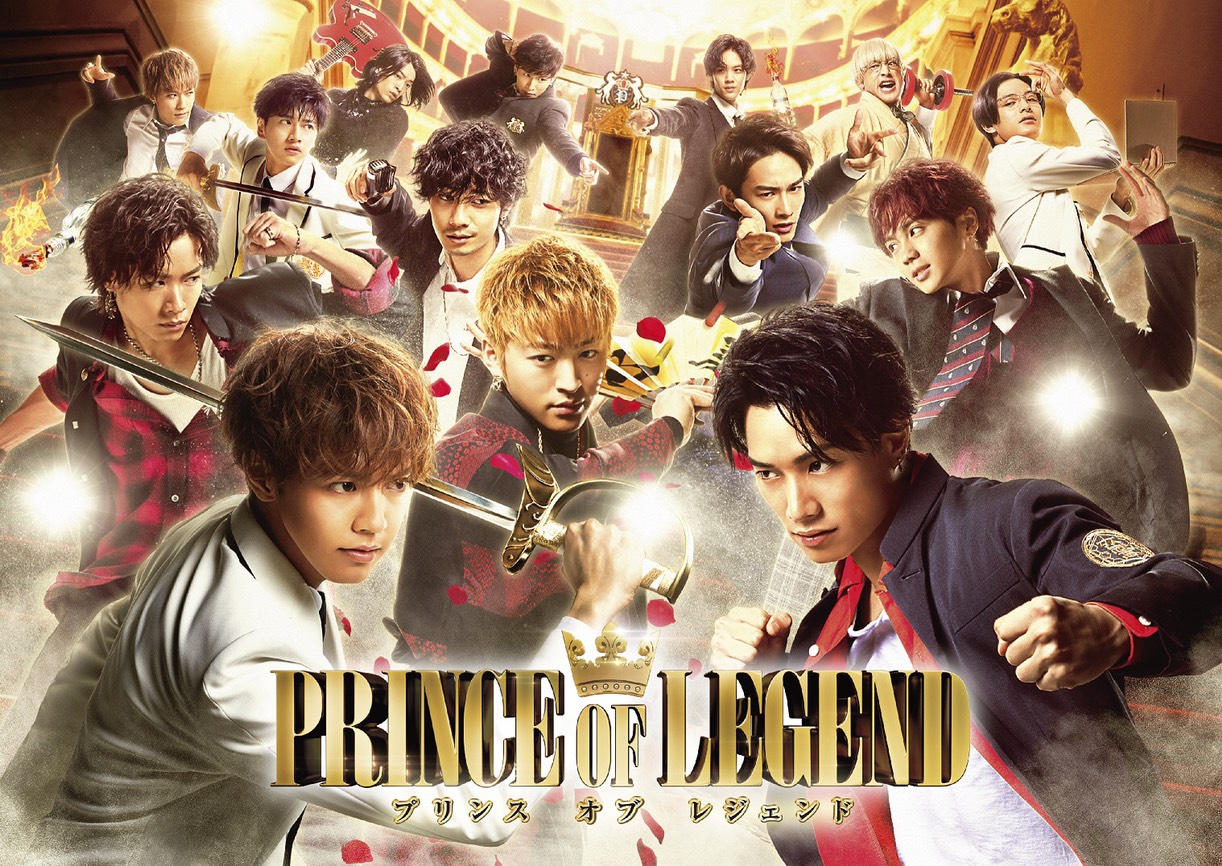#SGWatch4U is our weekly screen review column where we tackle anything from film to TV/Netflix.
Save for Sofia Coppola, it seems safe to say that female directors in the film industry tend to only receive mainstream recognition in two ways—with genre-defying blockbuster action movies (Patty Jenkins’ Wonder Woman), or through tender coming-of-age narratives like Greta Gerwig’s Lady Bird. It’s almost surprising that critics would take so strongly to the latter, given the persisting stereotype that women already excel in the genre of rom-coms and sappy dramas. A cemented addition in the 2018 awards season hall of fame, Gerwig’s directorial debut is an emotionally intricate work bolstered by a strong cast and moving script—which is why it’s so frustrating when the general story falls a little flat.
It’s 2002, and Christine “Lady Bird” McPherson (Saoirse Ronan) is living an incredibly ordinary life in Sacramento, California. A high school senior at a local Catholic school, she lives a life constructed of thrift stores and snacking on communion wafers with her sole/best friend (Beanie Feldstein); clinging to ambitions and a personality far too large for her small town.
There’s nothing particularly challenging about her life—Lady Bird’s biggest vexations are squabbles with her passive-aggressive mother (Laurie Metcalf), and trying to realize dreams of studying out-of-state. Along the way she falls in and out of love; but a billion other people in the world have probably faced the same challenges.

Saoirse Ronan and Laurie Metcalf
Thus don’t expect much to happen in terms of plot in this little town; Lady Bird drolly calls Sacramento “the Midwest of California”. Ouch, but it sets the premise for a narrative driven more concisely by personal development. As expected, Saoirse Ronan astounds once again with her versatility; watching her indignant, precocious Lady Bird, it’s hard to believe her last Oscar nomination was for the shy, earnest Irish girl in 2016’s Brooklyn. Rounding off a great onscreen duo is Metcalf’s Marion McPherson, who portrays possibly the most maddening but accurate micro-managing mother ever.
The only clear draw of the film is this explosive relationship, which sees more ups and downs in its short one and a half hour screen time than most K dramas do. Lady Bird’s strongest suit, then, is its success in creating raw, authentic scenes almost anyone can relate to—particularly the crushing, long-drawn blow of stewing in a parent’s disappointment.
At one of the many points when mother and daughter come head-to-head, Marion whips out the classic “You’ve cost me so much money and now it’s going to waste” argument (that, frankly, I’d previously thought was a zinger reserved solely for Asian parents). Fuming and visibly hurt, Lady Bird immediately demands “a number” in return, so she can pay her parents back for every penny after she gets a great job in the future. And that’s when Marion delivers her scathing comeback: “I highly doubt you will be able to get a job good enough to do that.”
Scenes like these flesh out the little grievances and aggressions we face in life—burdens we always thought were ours to bear alone—and present them as flawed and uncomfortable as they are. They’re painful to watch, but only because we are so familiar with such situations ourselves; life isn’t straightforward or easy, and it takes a daring scriptwriter to reflect that back to us.

Sadly, these moments, powerful on their own, are haphazardly strung together. Lady Bird herself seems almost forcefully flung from one scene to another—first she quarrels with her mother, then she has to cope with multiple instances of unrequited love; next she’s lying about her middle-class background to chummy up with the popular rich girl at school. Scattered at random throughout the film, they don’t quite give us enough time to absorb and reflect on each one, because so quickly does Lady Bird have to move on to a new micro battle to fight. If Gerwig’s intention was to illustrate the chaos of adolescence and “finding yourself”, it sort of works, but oftentimes it takes away from the beautiful, intense moments she previously took so much care to set up.
Still it’s not to say they get lost in the shuffle. Gerwig, who was turned down by MFA playwriting programs before her career took off, is shockingly accurate with her insight and dialogue. Another time, from the safety of a dressing room in the thrift store, Lady Bird mumbles to her mother “I just wish you liked me”. Marion quickly reassures her that of course she loves her, to which the flame-haired teen replies brokenly, “Yes, but do you like me?”
It’s such simple dialogue that crosses our own minds so often we end up internalizing instead of vocalizing it, but these are the kickers that stick. In a post-show dialogue by Singapore Film Society, local filmmaker Wee Li Lin commented that TV and film are most successful (especially critically) when the audience is able to see themselves in moments and characters, and it is on this account that Gerwig deserves all the commendation in the world.
Female or not, the 35-year-old brings to the table an insightful sensibility that’s often lost in many coming-of-age stories. We can’t be sure that her prioritizing of more important storylines is a gendered characteristic—like how Lady Bird’s (failed) romantic relationships are never the main focus of the film; instead, she seems to turn to them as a distraction from her real problems (family, money). But what it is, is strategic, powerful, and very unlike many female-protagonist narratives.

Why people are so in love with the film probably has more to do with empowering and celebrating female voices in the industry—that or they’re too keen to jump onto a bandwagon endorsed by two Golden Globe wins and a staggering number of other prestigious accolades (plus, it’s an indie film distributed by film company A24!) We’ve seen the same success replicated in other recent films of the genre like Kelly Craig’s The Edge of Seventeen—very similar in tone and a lovely watch, but honestly forgettable.
Hopefully your own experience won’t be ruined by a cinema filled with over-enthusiastic people who laugh a little too loudly at every conceivable moment, because Lady Bird is a good film. Maybe better on your laptop in bed at night.

Lady Bird opens in cinemas Feb 22.





